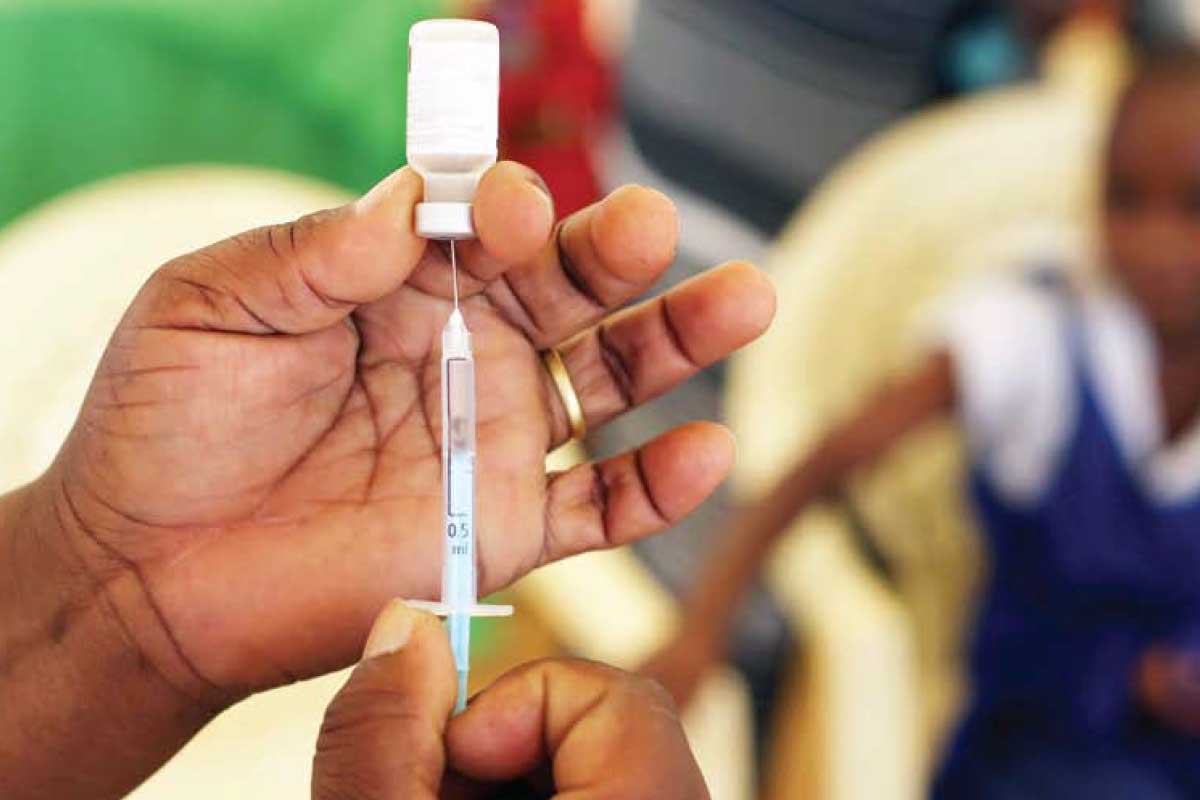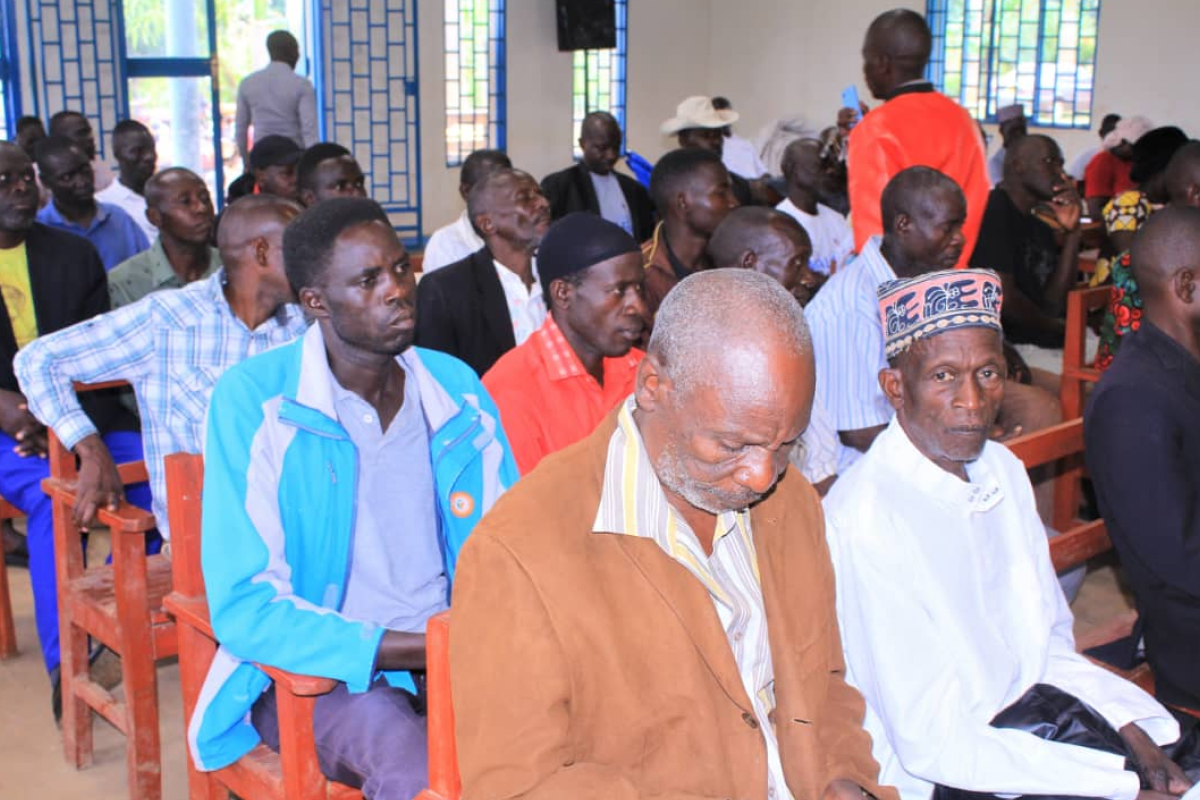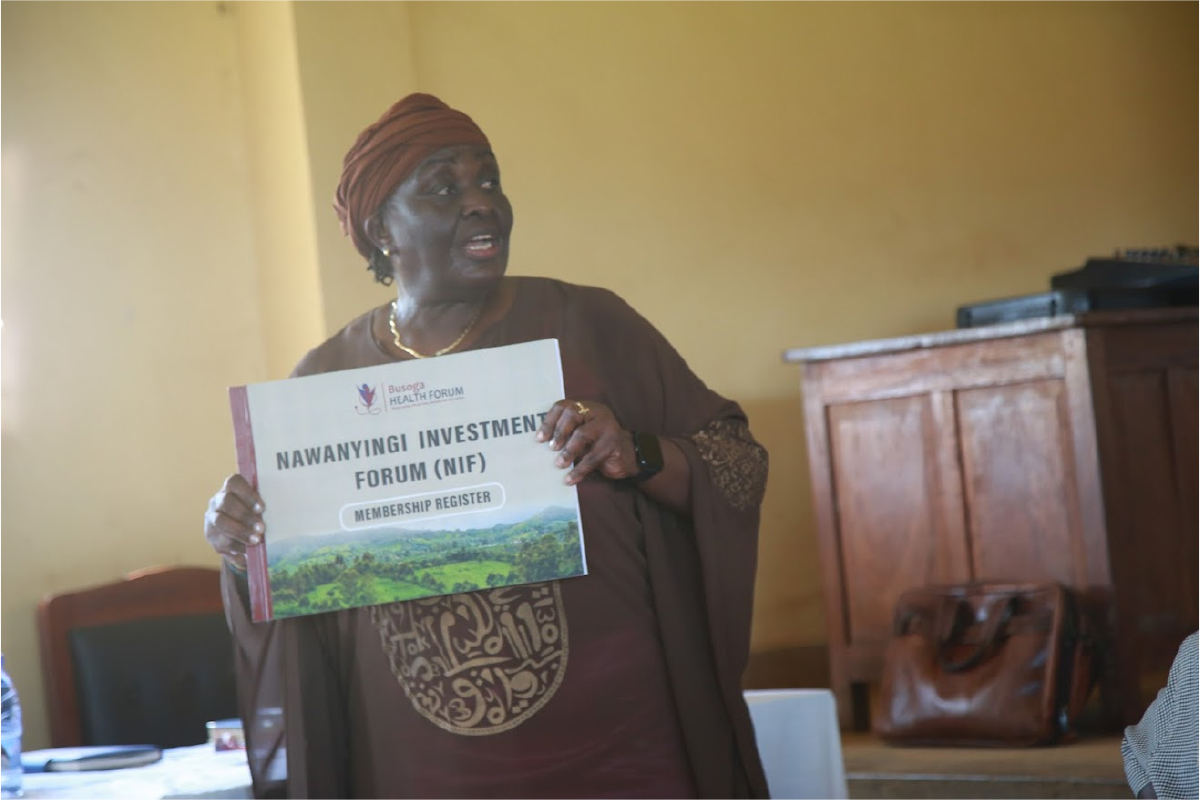Published By BHF | February 9, 2024

By: Tatumwa Desmond Benjamin
Cervical cancer is caused by persistent infection within the human papillomavirus (HPV). Globally, cervical cancer stands as the fourth most common cancer in women, with 604,000 new cases reported in 2020. About 90% of the 342,000 deaths due to cervical cancer occurred in low- and middle-income countries, including Uganda in sub-Saharan Africa. These statistics, according to the World Health Organization (WHO), show us the urgent need for attention and action.
During this month, Busoga Health Forum has Conducted Continuous Medical Education on Cervical Cancer. Dr. Musana Othiniel, a Gynae–Oncologist and Past President of the Association of Obstetricians and Gynaecologists of Uganda (AOGU), made two presentations on Risk Factors and Preventive Measures for cervical cancer to health workers in Busoga and Beyond.
During the presentation, he told participants that HPV, the cause of cervical cancer, is not only transmitted through sexual contact. It can also be transmitted through other means, including maternal-to-child transmission.
You might be wondering if cervical cancer can be eliminated. The answer is yes, as it can be cured if diagnosed and treated at an early stage. In case one, recognizes symptoms and seeks medical advice promptly.
Cervical cancer is the first cancer with an elimination strategy under the Global strategy by the World Health Organization (WHO), aiming for a world where cervical cancer is eliminated as a public health problem. The targets include 90% of girls fully vaccinated with the HPV vaccine by age 15, 70% of women screened with a high-performance test by ages 35 and 45, and 90% of women identified with cervical disease receiving treatment.
Prof. Peter Waiswa, the board chair of Busoga Health Forum, emphasized during one of the CMEs that cervical cancer can be cured if diagnosed early, and prevention is the foundation of health. He urged health workers to intensify efforts in public sensitization.
Dr Kharim Mwebaza Muluya, ADHO Iganga District LG, noted the economic and social burden of having a cancer patient. He commended Busoga Health Forum and PATH for supporting districts in Busoga, particularly during Integrated Child Health Days (ICHDs), where there has been a notable improvement in HPV and other vaccine uptake.
We all need to join forces and unite in the fight against cervical cancer to save our mothers, wives, sisters, and friends. Increasing public awareness and providing access to information and services are important for prevention and control. Vaccination, screening, for even those women living with HIV, and early detection followed by quality treatment at any age are effective measures to prevent and treat cervical cancer.




